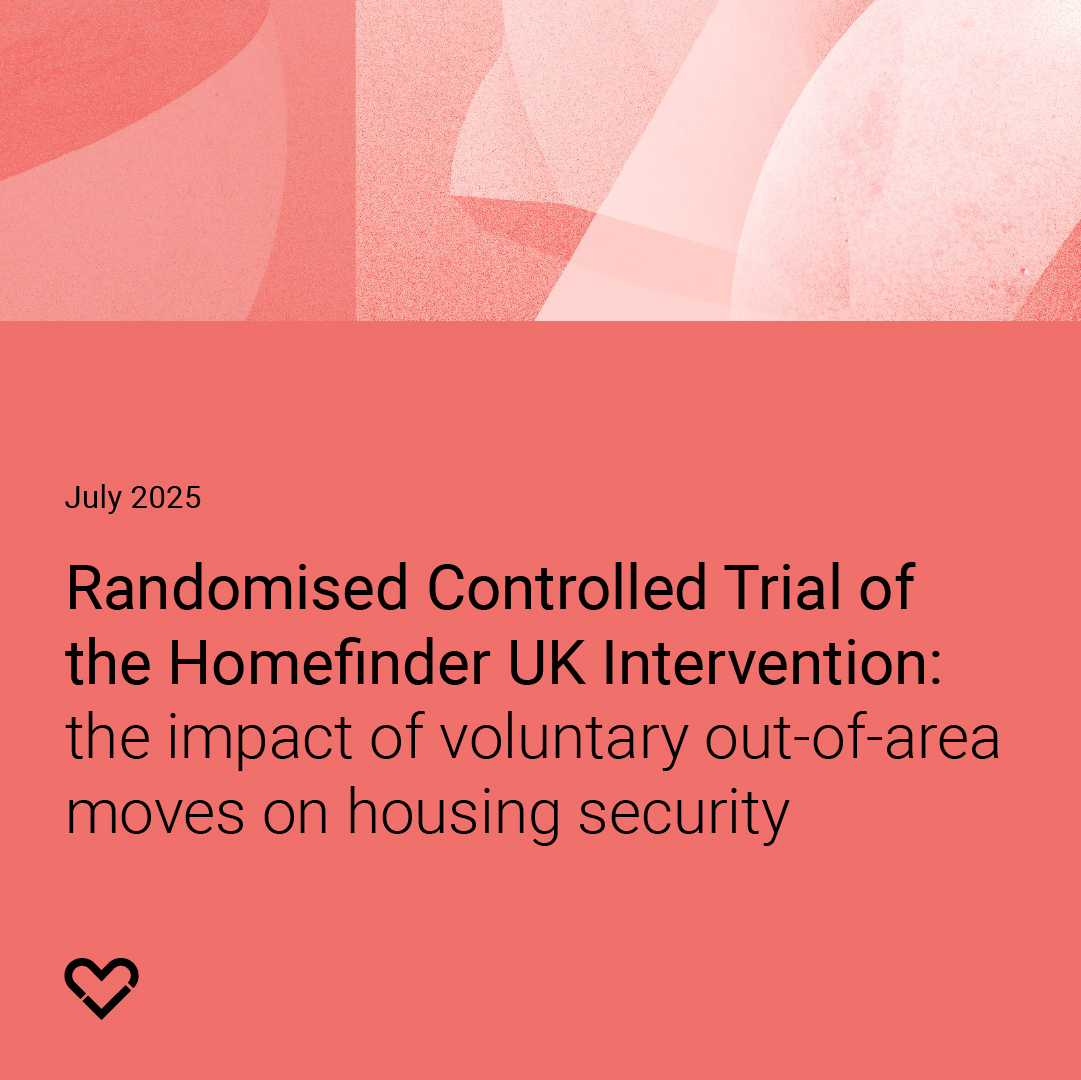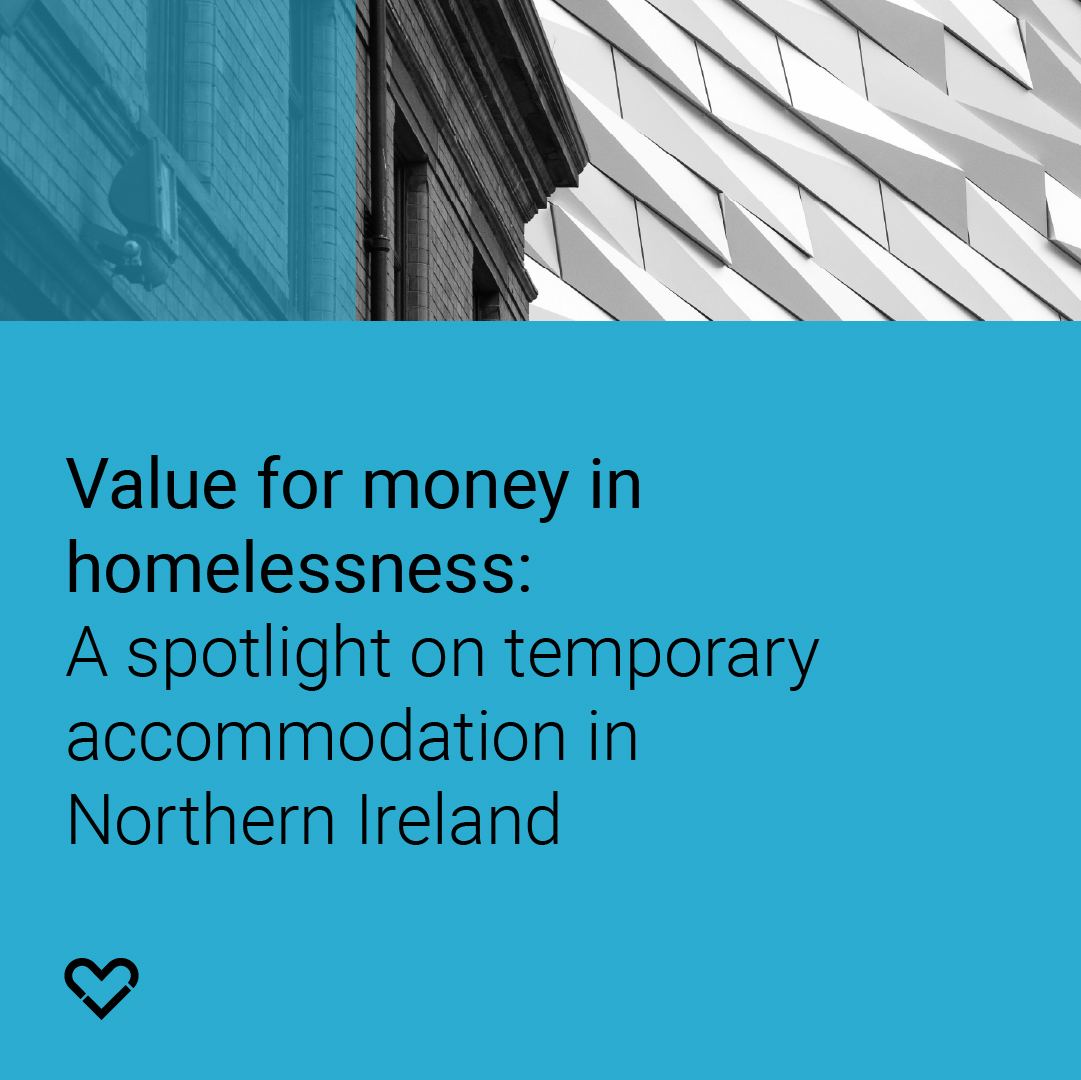Homelessness, Refugees and Resettlement in the UK
Outline of the study
This research examines housing challenges faced by refugees in the UK, how people become refugees and the impact of this on their housing situation.
The study compares the experience of asylum seekers who navigate the UK housing system independently with those who come through organised government resettlement programmes and identifies what makes some refugees more likely to experience homelessness than others. Drawing on existing evidence and data from the 1990s to the present, the research analyses current government support and explores how policy changes could improve housing outcomes for all refugees.
Findings in brief
- Refugees who come through the asylum system are at much higher risk of homelessness compared to those in organised resettlement schemes
- The number of people sleeping rough after leaving asylum seeker accommodation jumped by 223% in just three months (June-September 2023).
- Refugees in organised resettlement programmes typically avoid homelessness because they receive housing-focused support and structured assistance
- The 28-day move-on period after being awarded refugee status may create an immediate housing crisis, as housing options are often very limited
- The risk of homelessness for refugees is increased by: changes to welfare benefits, the Right to Rent policy, changes in household composition, and limited access to social housing
- In 2019, 44% of landlords said they were less likely to rent to someone without a British passport because of Right to Rent rules
- Ukrainian refugees are at higher risk of homelessness than people in other resettlement groups, mainly coinciding with the end of placements with hosts and lack of affordable accommodation
- The average household size of Afghan refugee households (5.4 people) creates challenges in finding suitable accommodation
- Access to social housing has become more politically controversial and less available to refugees over time, pushing them into the private rental market
- English language support, job opportunities, social housing access, dedicated keyworker support, and strong social networks are all linked to better outcomes.
Recommendations in brief
- Extend the move-on period after asylum decisions to at least 56 days, to avoid use of expensive temporary accommodation and produce better long-term housing options
- Reform Right to Rent policy by removing heavy fines that make landlords avoid renting to people without British passports
- Create national and local refugee resettlement strategies with clear frameworks for rights, responsibilities, and frameworks for collaborative working between agencies
- Ensure consistent, adequate funding across all refugee programmes, to create equal support levels
- Encourage social housing providers to develop housing options and guidance for refugees
- Provide dedicated support for all new refugees
- Build leadership capacity within refugee communities through training programmes and community champion initiatives
- Ensure policy changes are assessed for equality impact, with systematic data collection based on immigration status
- Provide trauma-informed, personalised, and support based on individual needs.






.jpg)

